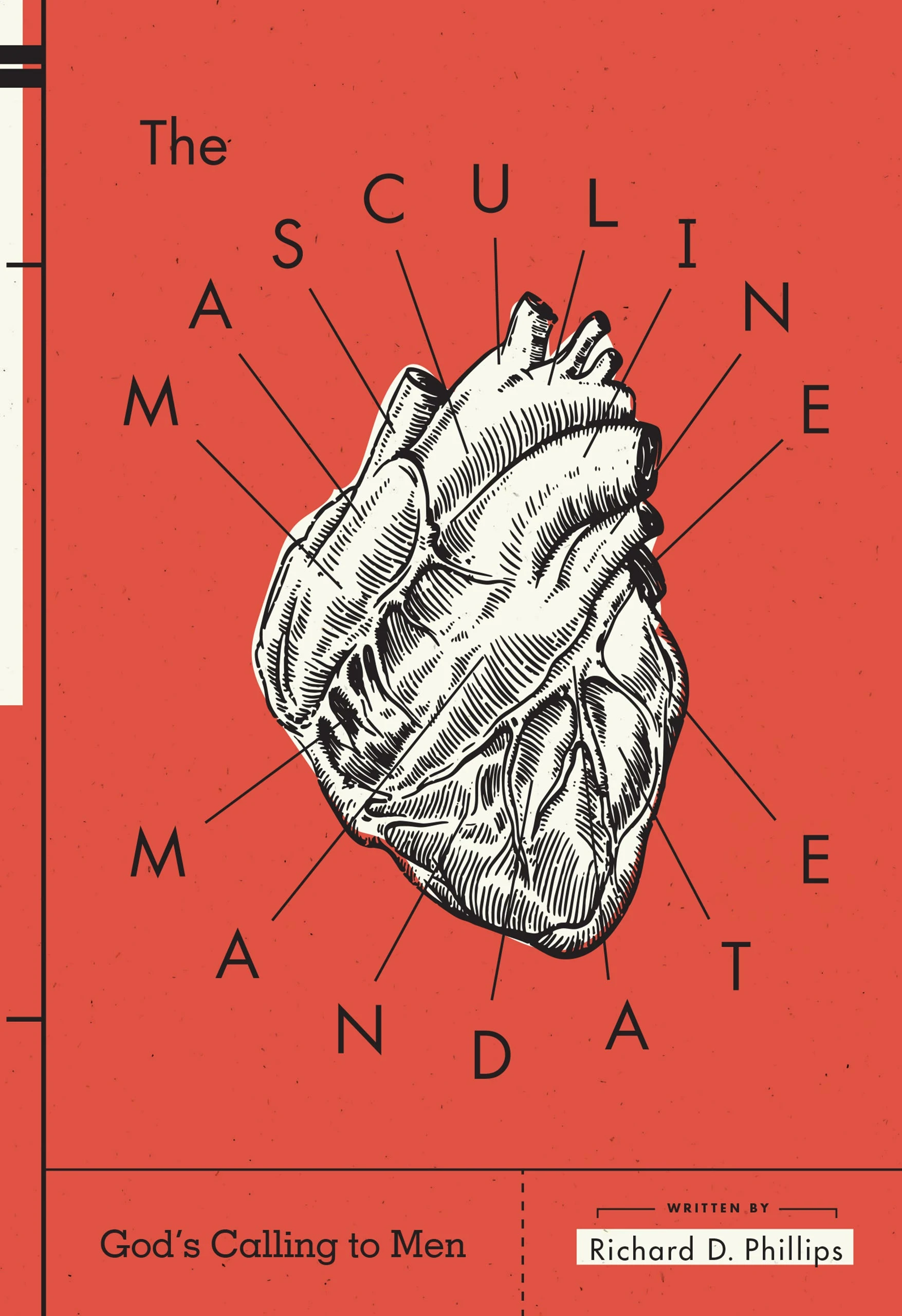Work, Identity, and the Effect of Sin
Probably every man has tasted at some time the deep satisfaction of a job well done. Why does labor have this inherent value? Because we were made for it. God placed Adam in the garden and put him to work. Therefore, because God is good and has chosen to be glorified through our labor, we are able to enjoy work and find a significant part of our identity in it. In fact, as we keep work in proper balance, retaining our primary identity in Christ, God wants us to invest significant passion in our work and find true meaning in it.
At various times, all of us struggle with the temptations of worldly glory, self-serving power, or the sinful pleasures that can be associated with work. Sometimes we may find that far too much of our identity has become wrapped up in who we are professionally. Of course, none of this is work’s fault. It all grows out of our sinful hearts and our tragic ability to stain anything we touch with idolatry and selfishness. Yet our sinfulness does not alter the fact that work is a man’s sacred calling, received from the very hand of God himself.
In fact, although the introduction of sin into the garden changed the nature of work, God’s calling for man to work is entirely holy and good. Bruce Waltke rightly says, “Work is a gift of God, not a punishment for sin. Even before the fall humanity [had] duties to perform.” It was after God told Adam to be fruitful—by means of his work—that God declared that creation was “very good” (Gen. 1:31).
After Adam’s fall, it remained good for man to work. But due to God’s curse on the earth because of human sin, it became necessary for man not merely to work, but to work hard:
Cursed is the ground because of you; in pain you shall eat of it all the days of your life; thorns and thistles it shall bring forth for you; and you shall eat the plants of the field. By the sweat of your face you shall eat bread, till you return to the ground, for out of it you were taken; for you are dust, and to dust you shall return. (Gen. 3:17–19)
In our fallen world, shadowed by the curse of death and futility, we either work hard or our families suffer. According to the book of Proverbs, industry is an essential characteristic that men should cultivate: “A slack hand causes poverty, but the hand of the diligent makes rich” (Prov. 10:4); “Whoever is slothful will not roast his game, but the diligent man will get precious wealth” (Prov. 12:27). Yet I sometimes hear pastors or Christian psychologists tell men they should never be late for dinner or have to travel away from home for work. I disagree. It’s true that men should not pursue their work so single-mindedly that family duties are excluded or consistently compromised. But in our fallen world, men have an obligation to hustle and give their all in the workplace—and this may involve some late nights and business trips. Of all men, Christians should work especially hard, giving more than an honest day’s work for a day’s wage.
In thinking about how the need to work is hardwired into men’s souls, and the pleasure we can derive from work, I find it interesting that even many of the things we designate as hobbies are really forms of work. Some men like to relax through woodworking, which is, of course, a matter of working with wood. Other men like to work in the garden or restore cars. Some men like to go fishing, which is a kind of work, and others like climbing mountains, which seems like a lot of work. My love for following baseball involves detailed mathematics, which makes the pastime all that much more fun for me. Even in our leisure, we see that men are made for work.
Daily Echoes of Genesis 2
Have you noticed that, almost every time, the second subject that comes up when two men meet involves work? I sit next to a man on an airplane, and what does he ask? “What’s your name?” I answer, “I’m Rick Phillips.” The next question is amazingly consistent: “What do you do?” How we answer tells people what to think of us.
There are a number of ways I can answer the question. I can say, “I’m an author,” in which case the man thinks I’m an interesting person with lots of insight. Or I can say, “I’m an educator.” Then he thinks I’m a person with specialized knowledge, and he questions me further to find out what that area of knowledge is. If I say, “I’m a preacher,” he starts looking out the window, afraid I’m going to hassle him about his sins. (Usually, the answer I choose to give depends on whether I am interested in talking or not.) The point is that the answer to “What do you do?” tells people most of what they want to know about a man.
In a world in which God has called men to work, this should not be surprising. Do you see the theological tie-back here? In this mundane example, we catch a glimmer of the profundity of Scripture, the kind of glimmer we notice all the time if we’re paying attention. The simple who-is-this-guy conversations we have with strangers are not random events. They sprout from the theology of work and calling rooted in the garden and recorded in Genesis 2.


